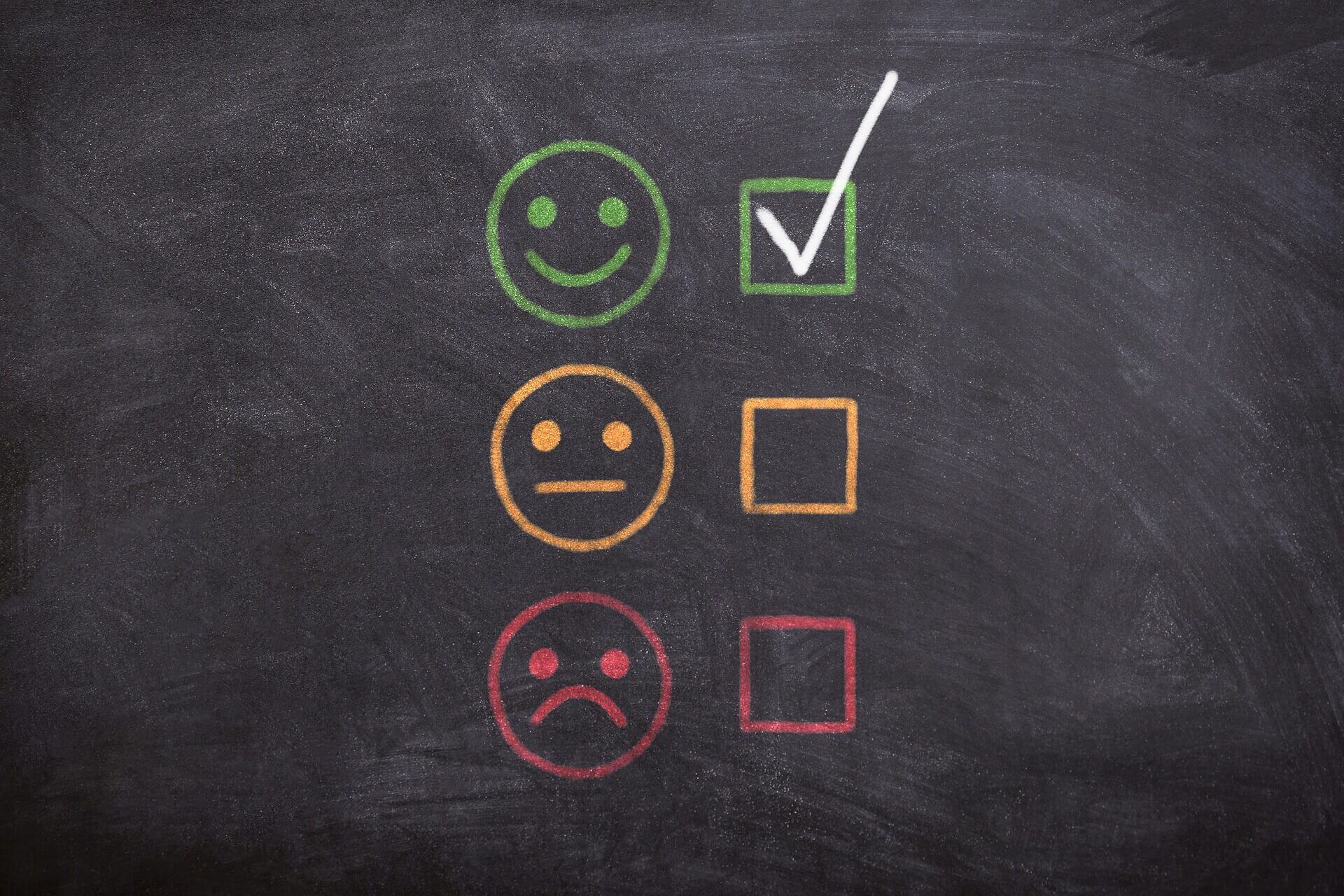20 Oct

The very beginning of a customer’s loyalty to a brand, you could think, happens through the first purchase. This might be true in most cases, but it does not mean you are done. You need retention for a future brand-customer relationship; with retention, you are on a true path to loyalty. However, you might be confused about the concepts of customer retention vs customer loyalty.
When comparing customer retention vs customer loyalty, you should first know their definitions. So, what is customer retention? It refers to repeated customer-brand relationships. A customer might buy from you a second time or more. On the other hand, customer loyalty is more of a broader concept. A loyal customer does not only buy from you multiple times but also will talk about you. Of course, loyalty involves retention, but both require further understanding. The need to understand customer retention vs customer loyalty became more important, especially during Covid-19. Many brands, especially small ones, are going through anxiety and uncertainty because this is a time when their expert teams cannot predict even short-term customer retention. A loyalty program during Covid-19 became a vital tool for retention marketers.
The Difference between Customer Retention vs Customer Loyalty
Understanding the concepts of customer retention vs customer loyalty is crucial for any business, especially when developing strategies for long-lasting customer relationships. Here’s a concise comparison of these two concepts in a tabular format:
| Aspect | Customer Retention | Customer Loyalty |
| Definition | A measure of a customer’s continued engagement with a brand. | Not just repeated engagement, but also the depth of engagement with a brand. |
| Focus | Frequency of customer-brand interactions and the decision to repurchase. | Emotional or psychological commitment to a brand leads to engagement on various levels. |
| Stability Implication | Does not imply stability as customer behavior can change over time. | Brings stability through sustained engagement and emotional attachment. |
| Measurement | Based on transactions and repurchase rates. | Based on qualitative factors like engagement quality, brand preference, and emotional connection. |
| Role in Relationship Building | Part of a broader strategy for customer relationship management. | Essential for building long-lasting, deep relationships with customers. |
| Example Strategy in B2B | Apex Loyalty offers a flexible structure for integration with business dynamics. | Focuses on powerful metrics to evaluate efforts in a B2B loyalty strategy. |
This table highlights the key differences between customer retention vs customer loyalty. While both are important, their approach, measurement, and impact on customer-brand relationships differ. The engagement factor brings stability to sustaining the B2B channel loyalty program. Don’t get us wrong, customer retention strategies are important. We should use it as part of a broader view and utilize its potential for long-lasting relationship-building. How does Apex Loyalty work to achieve this? We offer a flexible structure to integrate with your business dynamics, as well as powerful metrics to evaluate any effort you are putting into your B2B loyalty strategy.
The Relationship Between Customer Retention vs Customer Loyalty
At their core, these interconnected concepts serve distinct purposes in the customer-brand relationship. Customer retention focuses on the frequency and continuity of customer interactions with a brand. It’s about ensuring that customers keep coming back, a crucial metric in the business world. High retention rates often indicate a brand’s ability to meet basic customer needs consistently.
On the flip side, customer loyalty dives deeper. It’s not just about customers returning but why they return. Loyalty is the emotional and psychological commitment a customer has to a brand. It’s built over time through positive experiences and a connection with the brand’s values and identity. Loyal customers don’t just make repeat purchases; they become advocates for the brand, often influencing others through their endorsements.
While customer retention is a stepping stone, the ultimate goal is customer loyalty. It’s a more profound, enduring connection that drives repeat purchases and passionate brand advocacy. Balancing customer retention vs customer loyalty is key to surviving and thriving in business.
How to Enhance Customer Retention vs Customer?
Enhancing customer retention vs customer loyalty is essential for sustained success in the dynamic business landscape. Here are key strategies to foster these vital aspects:
- Personalized Experiences: Tailor your services or products to meet your customers’ unique needs and preferences. Personalization makes customers feel valued and understood, significantly boosting loyalty.
- Quality Customer Service: Exceptional customer service can turn a one-time buyer into a lifelong patron. Ensure your customer service is responsive, empathetic, and effective in resolving issues.
- Engagement Beyond Transactions: Build a relationship that transcends mere transactions with your customers. Engage with them through social media, email newsletters, and community events. This nurtures a deeper emotional connection.
- Loyalty Programs: Implement loyalty programs that reward customers for their repeated business. These programs should offer tangible benefits and acknowledge customer loyalty meaningfully.
- Consistent Improvement: Regularly seek feedback and act on it. Showing that you value customer opinions and are committed to improvement can significantly enhance loyalty.
- Exclusive Offers: Provide loyal customers exclusive deals or early access to new products. This exclusivity fosters a sense of belonging and appreciation.
By integrating these strategies, businesses can create a robust framework that retains customers and turns them into loyal advocates, ensuring long-term growth and stability.
Building Loyalty in Every Bit
Imagine you have shifted your brand to such a level that you are recognizable in everything you do. Your customers will approach any of your marketing efforts, almost in an intuitional way, knowing it has something to do with you. This can be an ad, a product, a website, or a message on social media. Wouldn’t it be a massive success? This is usually for the Giants League, but it doesn’t mean you cannot implement the same mentality to your brand, regardless of your business scope. And this is only possible through a single and strong tone and consistency.
A B2B loyalty program is extremely helpful in this journey because its foundation aims to create a seamless omnichannel customer experience for customer retention vs customer loyalty. Such an experience, in other words, “being recognizable in every move,” passes a message to customers on various touch bases.
How do We Pass on Your Message?
With Apex Loyalty, you not only pass your message in the most fitting way but also create the touchpoints where you need your message feature within the context of customer retention vs customer loyalty. The B2B engagement metrics we utilize will help you gain insights about active business-to-business engagement. This involves to what extent your customer base finds your content meaningful and how much they are willing to consume it. We also offer various reward programs, all tailored based on what your customers need and appreciate. This personalized content is possible thanks to the dynamic rules engine Apex Loyalty adopts. Your business or go-to-market needs may vary depending on time, location, or any other parameter authentic to your organization.
Effective channel management is key when it comes to B2B loyalty. Apex Loyalty provides a real-time and seamless communication platform. This way, you’ll train, reward, and lead your base while staying in touch and making your presence felt 24/7. If you want to look at our success stories, visit our customer success stories page.
You can read our previous post on https://www.apexloyalty.com/b2b-customer-loyalty-programs-in-retail/







